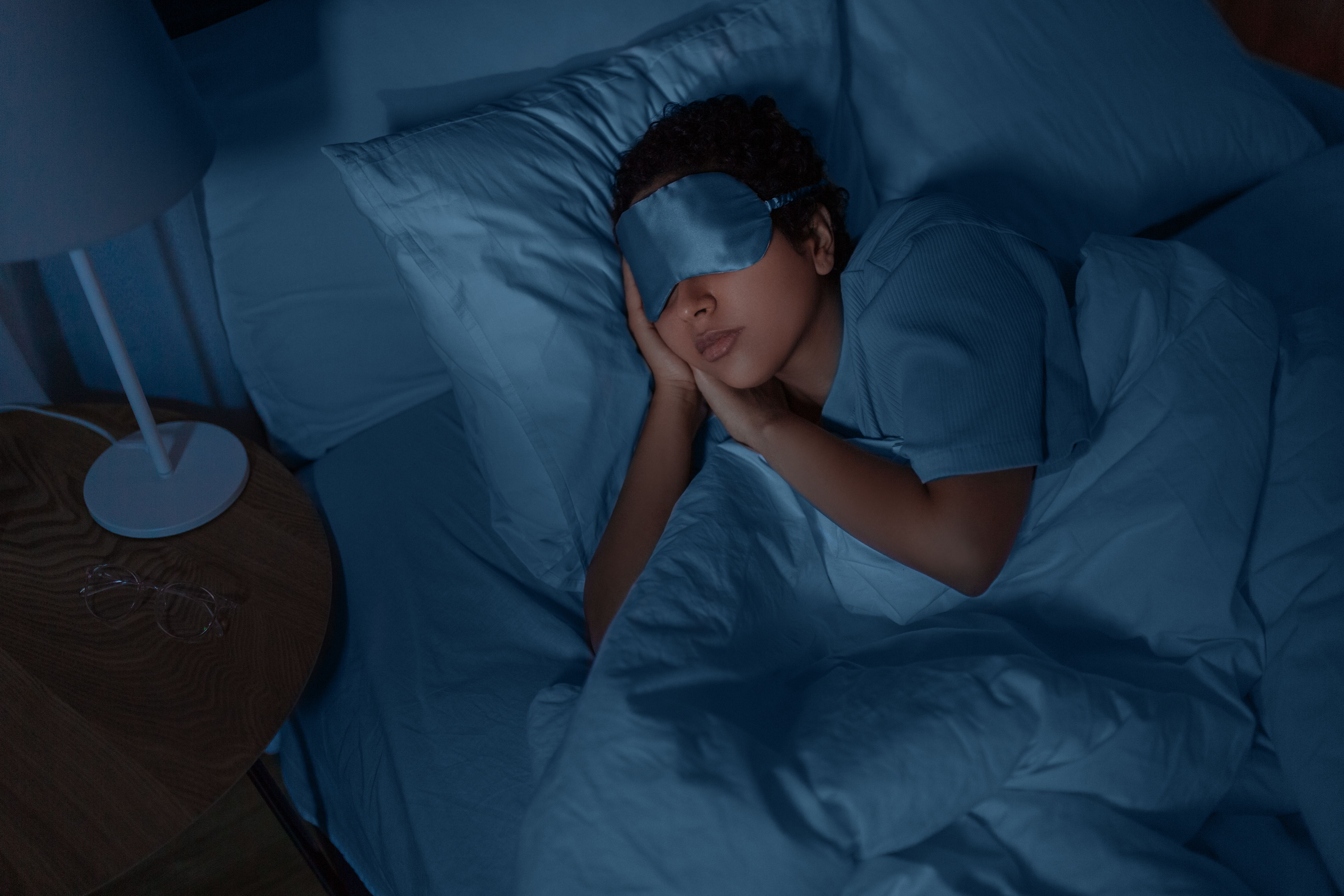
What is your relationship with sleep?
Is it a major priority for you or are you able to operate well on minimal sleep?
Do you notice a connection to enough sleep and your mood, energy levels, metabolism, and more?
A decade ago, my personal trainer at the time extolled the virtues of adequate sleep for a heathy metabolism. He highlighted how nutrition, then sleep, then exercise – in that order – promoted a well-functioning metabolism for optimal energy and weight management.
As a night owl person living an increasingly early bird lifestyle, I didn’t want to believe him. As far back as I could remember, I prided myself of functioning well on little sleep.
But too many years of less than 6 hours of sleep a night (the clinical diagnosis is “short sleep syndrome”) eventually started to take a toll. I came to realize than I could survive, but not thrive, on less than optimal sleep, especially in perimenopause.
I headed towards adrenal fatigue, experienced brain fog and excess irritability as well as exhaustion, and started to put on weight, even with my diet and exercise routine remaining the same.
The benefits of adequate sleep are vast, including, but certainly not limited to, the following:
• It promotes a better immune system so you get sick less often.
• It helps maintain a healthy weight.
• It lowers your risk for serious health problems, like diabetes and heart disease.
• It reduces stress and improves your mood.
• It aids in more clear thinking so you do better in school and at work.
When you sleep, your body goes into “rest and restore” (the parasympathetic nervous system) mode instead of fight, achieve and flight mode (the sympathetic nervous system, active during the day). By depriving yourself of adequate rest, your body can’t work on the cellular restoration and repair that occurs at night when you sleep.
So how much sleep do we need? It depends on each person, but the recommended amount is between 7 and 9 hours each night. Catching up on sleep on the weekends can help us restore, but for the best whole body support, consistent nightly sleep will benefit you in the long run, helping you feel your most vibrant.
I’ve come to prioritize and enjoy my sleep, and have become less of a night owl. As I’m nearing menopause, my entire system benefits. Less brain fog, more functional workouts, more patience, and a stronger immune system.
If you need support in creating a good night-time routine to promote solid sleep, we are here to help. We can look at lab work to pinpoint any deficiencies linked to short sleep cycles.
There are some helpful technology systems that track specifics about your sleep patterns and cycles, specifically the Garmin watch and the Oura ring. Stylish and easy to wear, these devices provide specific data including heart rate variability during sleep, sleep latency (how long it takes you to fall asleep), hours spent in deep sleep, REM and light sleep, and more. The apps linked to these devices use this data to ‘score’ your Readiness for the next day.
These tools can be helpful to understand the quality of your sleep so you can make lifestyle shifts to improve your rest. Links to both devices are attached below.
https://www.garmin.com/en-US/garmin-technology/health-science/sleep-tracking/
With resources like these and other protocols utilized at Protea, together we can find tips to help you wind down in the evening so you sleep well for success the next day.
Questions? Reach out here on our website or call our clinic today.
![Protea Logo [color]](https://protealife.com/wp-content/uploads/2025/05/Protea-Logo-color-e1746039734188-550x160.png)
![Protea Logo [color]](https://protealife.com/wp-content/uploads/2024/12/Protea-Logo-color-e1744755301598.png)